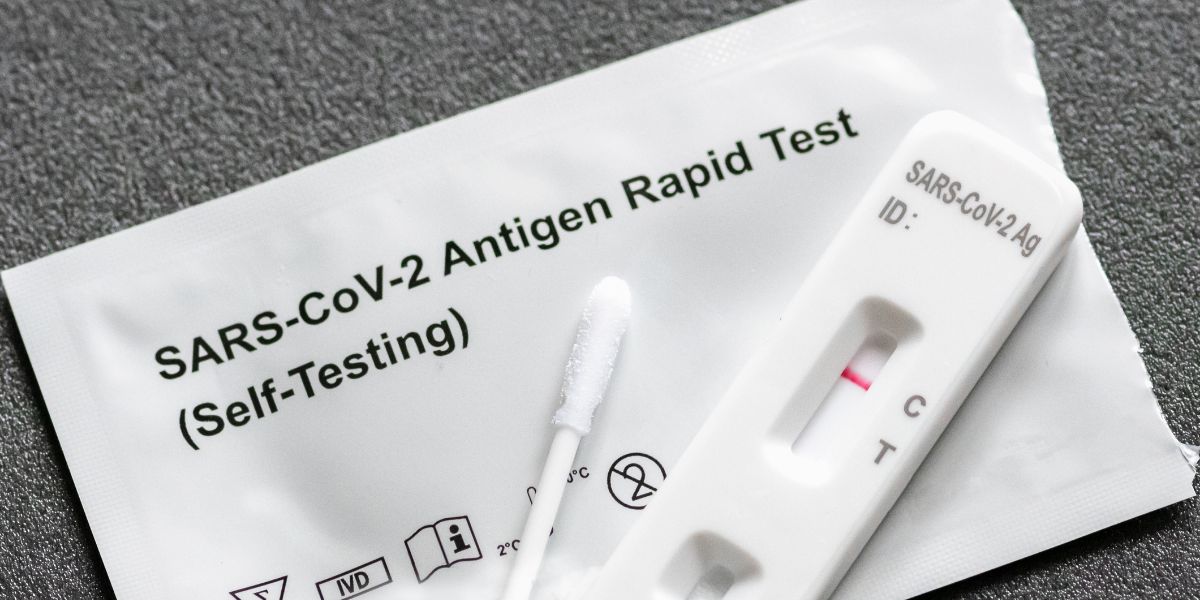Children and young people who have contracted COVID-19 are more at risk of developing type 2 diabetes in the future compared to those never infected with the disease, a study has indicated.
Recent research has found that children and young people who have been infected with COVID-19 are nearly 60% more at risk of developing type 2 diabetes compared to those affected by different respiratory diseases.
COVID-19 can trigger the development of type 2 diabetes because the virus can cause cells in the pancreas to not produce enough insulin by disrupting an individual’s metabolism.
Type 2 diabetes is associated with a higher risk of having a stroke or heart attack, previous studies have revealed.
- Light shed on how COVID-19 causes diabetes or makes condition worse
- Takeaway consumption higher now than before COVID-19 pandemic
- Substantial increase in type 1 diabetes cases in children and teenagers since COVID-19
The authors said: “Some of these cases could have been lurking before the participants became sick with COVID-19, and diabetes was discovered while they were treated for COVID-19. However, a substantial portion of the cases follow the infection.”
Roughly 34 million people living in the US have type 2 diabetes, with 5,000 of them younger than the age of 19, data from the CDC has shown.
In this trial, academics from Case Western Reserve University in Ohio examined the health data of 613,602 children and adolescents between 2020 and 2022.
Approximately 50% of the people involved in the study had contracted COVID-19 at some point and the other half had been diagnosed with either bronchitis, pneumonia or asthma.
One in 200 of the participants were classed as obese or overweight. The research team assessed the participant’s health after one, three, and six months of being diagnosed with either COVID-19 or another respiratory illness.
They discovered that the participants who had contracted COVID-19 were 55% more at risk of developing type 2 diabetes one month after infection compared to those with other respiratory conditions.
According to the study, the risk decreased to 48% after three months and increased to 58% after six months.
In addition, the children who are overweight or obese were at double the risk of developing type 2 diabetes compared to those at a normal weight, the findings have reported.
- Study highlights importance of tackling both glycaemic control and obesity in people with type 2 diabetes
- Reversing Type 2 Diabetes
- Diabetes and obesity linked to greater risk of liver cancer relapse
The results have also shown that the participants who had been admitted to hospital within a month after being infected with COVID-19 were three times more at risk of going on to develop type 2 diabetes compared to those hospitalised with other illnesses.
The authors said: “COVID-19 could disrupt metabolism, leading to nutrient imbalances and weight gain, which have been associated with type 2 diabetes risk.
“Infection may increase the development of antibodies that attack cells in the pancreas, which produce insulin.”
They concluded: “If the body can’t produce enough insulin, glucose builds up in the blood, increasing the risk of diabetes. Further studies are needed to see how likely the diabetes is to persist or reverse later in life.”




